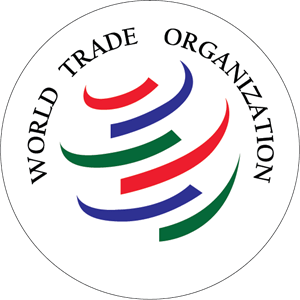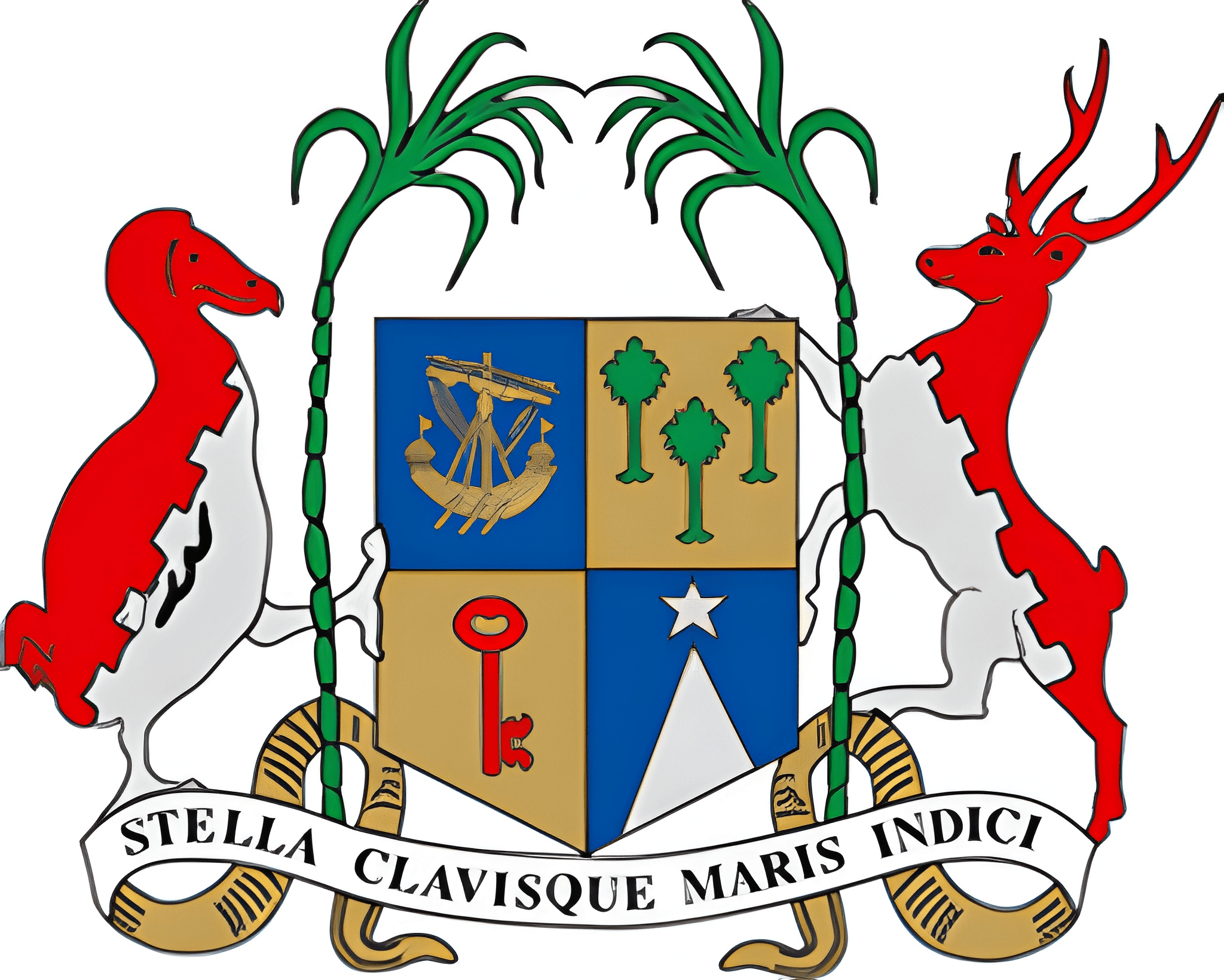Bilateral and Multilateral trade agreements
In addition to its multilateral commitments, Mauritius has signed a number of regional and bilateral trade agreements which include Sanitary and Phytosanitary (SPS) provisions. The matrix below indicates the specific SPS provisions in the respective trade agreements that Mauritius has signed:

SADC Free Trade Area (SADC FTA)
ARTICLE 16 of the SADC Protocol on Trade on Sanitary and Phytosanitary Measures provides that Member States shall base their sanitary and phytosanitary measures on international standards, guidelines and recommendations, so as to harmonise sanitary and phytosanitary measures for agricultural and livestock production and food safety.
The SADC Protocol on Trade also includes a specific annex on SPS, namely the Annex VIII Concerning Sanitary And Phytosanitary Measures. The objectives of this Annex are:
- to facilitate the protection of human, animal or plant life or health in the territory of the Member States;
- to enhance the Member States’ implementation of the WTO Agreement on the Application of Sanitary and Phytosanitary Measures;
- to enhance technical capacity to implement and monitor SPS measures including promoting greater use of international standards and other matters concerning SPS;
- to provide a regional forum for addressing sanitary and phytosanitary matters; and
- to provide a regional forum for resolving trade related sanitary or phytosanitary issues.
The SADC Protocol on Trade (including the Annex on SPS measures) can be accessed through the following link:

Common Market for Eastern and Southern Africa (COMESA)
Article 132 of the COMESA Treaty provides for Co-operation in the Export of Agricultural Commodities as follows:
Member States have taken commitments to:
- harmonise their policies and regulations relating to phyto-sanitary and sanitary measures without impeding the export of crops, plants, seeds, livestock, livestock products, fish and fish-products;
- harmonise their agreements granting concessions for the exploitation of their agricultural resources, especially fisheries and forest products by third country nationals.
The COMESA Treaty can be accessed on the following link:

African Continental Free Trade Area (AfCFTA)
One of the objectives of the Protocol of Trade in Goods of the AfCFTA Agreement is to boost intra-African trade through enhanced cooperation in the areas of Sanitary and Phyto-Sanitary measures.
The AfCFTA Agreement contains a specific annex, Annex 7, to address Sanitary and Phyto-Sanitary measures.
Annex 7 can be accessed on the following link (Page 83):

Mauritius –Turkey FTA CHAPTER II – MARKET ACCESS FOR GOODS
Article 17 – Sanitary and Phytosanitary Measures
- The Parties shall not apply their regulations in sanitary and phytosanitary matters as an arbitrary or unjustifiable discrimination or a disguised restriction on trade between them.
- The Parties shall apply their sanitary and phytosanitary measures within the rules and procedures of the GATT 1994 and the WTO Agreement on the Application of Sanitary and Phytosanitary Measures.
- The Parties agree to co-operate in the areas of animal health and plant protection and food safety through their respective competent authorities.

China-Mauritius FTA
The China-Mauritius FTA includes a chapter, Chapter 4, on Sanitary and Phytosanitary Measures. The objectives of Chapter 4 are to:
- facilitate trade between the Parties while protecting human, animal or plant life or health in the territories of the Parties;
- enhance transparency in and mutual understanding of the application of each Party’s Sanitary and Phytosanitary Measures (hereinafter referred to as “SPS measures”);
- strengthen cooperation between the Parties; and
- facilitate implementation of the principles of the Agreement on the Application of Sanitary and Phytosanitary Measures in Annex 1A of the WTO Agreement (hereinafter referred to as “the SPS Agreement”).
The China-Mauritius FTA can be accessed on the following link:
Mauritius-Pakistan PTA
ARTICLE 18 of the Mauritius Pakistan PTA provides for SPS measures as follows:
1. The Contracting Parties shall ensure that any sanitary or phytosanitary measure is applied to the extent necessary to protect human, animal or plant life or health and not prepared, adopted or applied so as to create unnecessary obstacles to mutual trade or to protect domestic production.
2. Sanitary and phytosanitary measures applied pursuant to paragraph (1) shall be based on internationally established scientific principles and supported by sufficient evidence, taking into account the availability of relevant scientific information and regional conditions.
The Comprehensive Economic Cooperation and Partnership Agreement (CECPA)
The Comprehensive Economic Cooperation and Partnership Agreement (CECPA), between Mauritius and India, signed on 22 February this year, entered into force on 1 April 2021.
The CECPA contains 8 chapters and 16 annexes, including Trade in Goods, Rules of origin, Sanitary and phytosanitary measures, Technical barriers to Trade, Trade in services and Dispute Settlement.
 Loading in progress
Loading in progress
